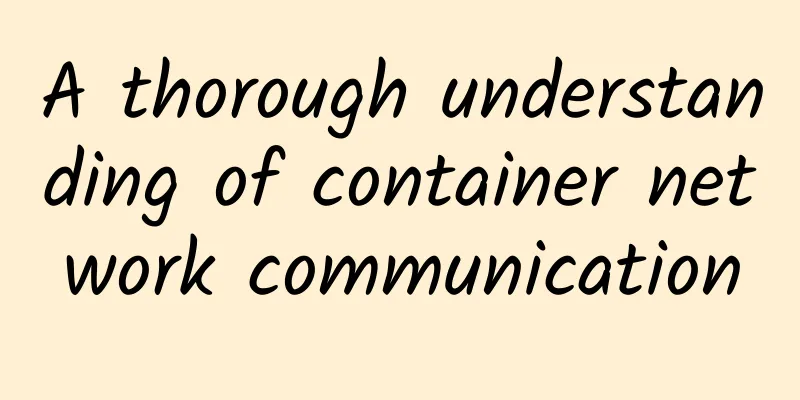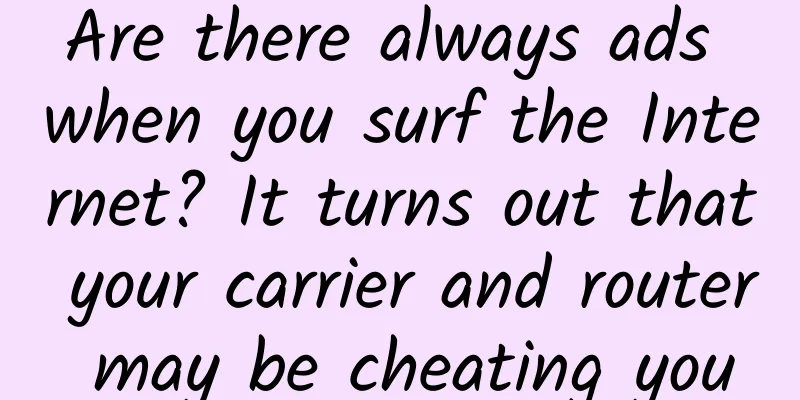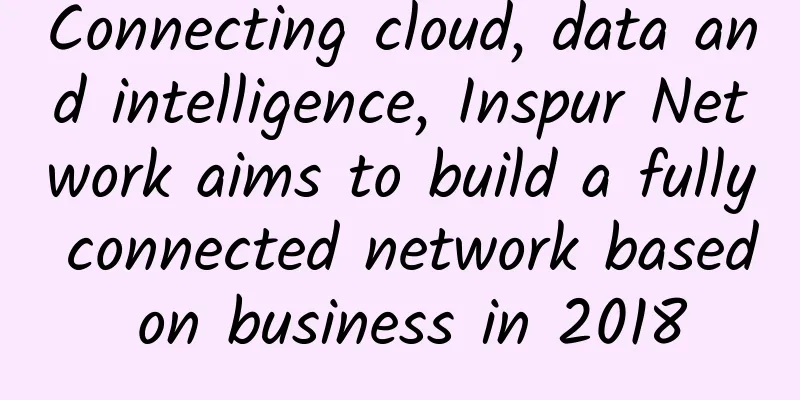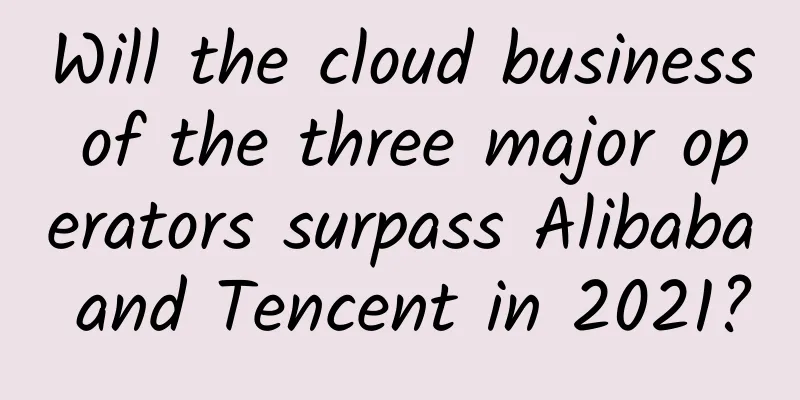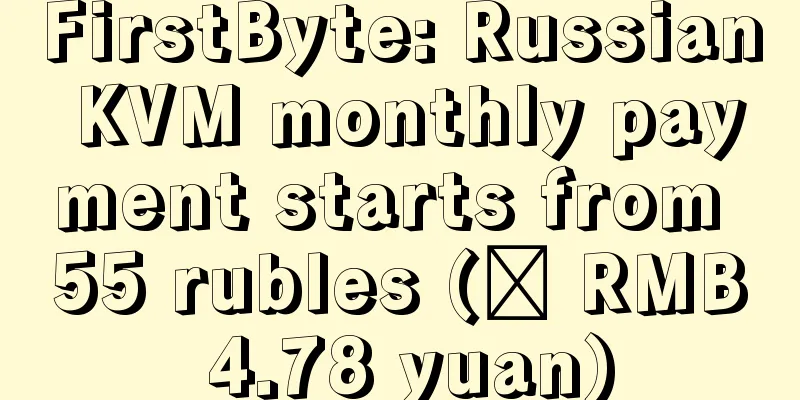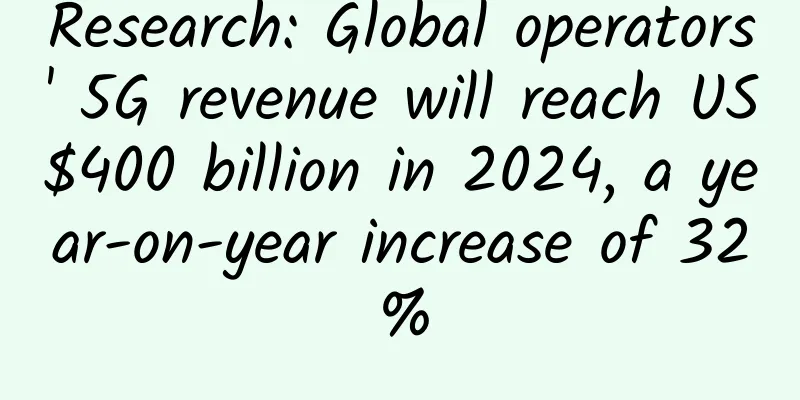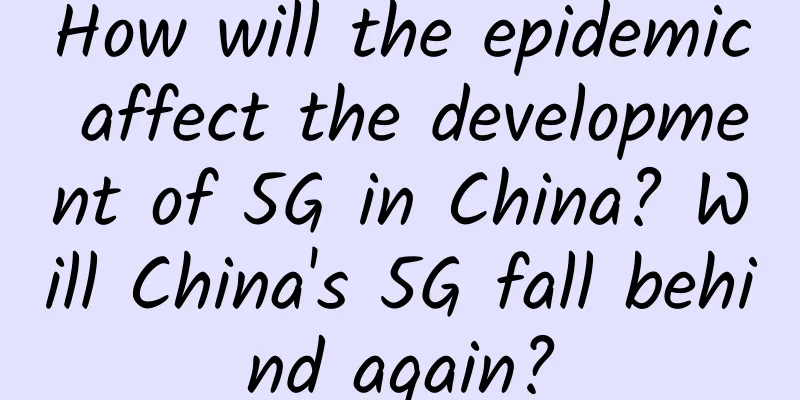How 5G and IoT will revolutionize the world
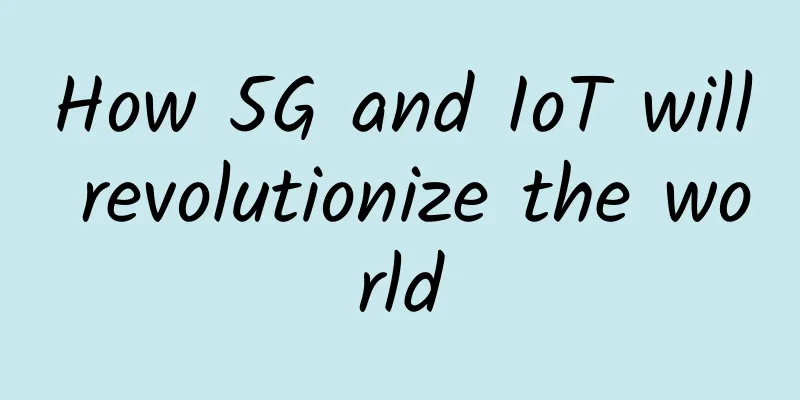
|
Imagine a world where we can download a movie in seconds, play high-quality video games on our phones, control smart home devices with voice commands, monitor our health with wearable sensors, and access real-time information and services from anywhere. This is not a scene from science fiction, but a realistic vision of future connectivity driven by 5G and the Internet of Things (IoT). What are 5G and IoT?5G is the fifth generation of mobile network technology, which is expected to provide faster speeds, lower latency, higher capacity and greater reliability than current 4G networks. According to the International Telecommunication Union (ITU), 5G networks should be able to support peak data rates of 20 Gbps downlink and 10 Gbps uplink and provide end-to-end latency of less than 1 millisecond. The Internet of Things is a network of physical objects embedded with sensors, software and other technologies that enable them to connect and exchange data with other devices and systems through the Internet. According to statistics, the number of IoT devices worldwide in 2021 is about 35.82 billion, and this number is expected to grow to 75.44 billion by 2025. How will 5G and IoT impact various sectors and industries?The combination of 5G and IoT will create new opportunities and challenges for various sectors and industries such as mobility, healthcare, manufacturing and retail. Here are some examples of how 5G and IoT will change these fields: Mobility: 5G and IoT will enable the development of autonomous vehicles, intelligent transportation systems, and connected infrastructure. For example, 5G and IoT will allow vehicles to communicate with each other, as well as with traffic signals, road signs, pedestrians, and cyclists, thereby improving safety and efficiency. In addition, 5G and IoT will facilitate the emergence of new mobility services, such as ride-hailing, car sharing, and micromobility. Healthcare: 5G and IoT will improve the quality and accessibility of healthcare services, especially in remote and rural areas. For example, 5G and IoT will support telemedicine, remote monitoring, diagnosis and treatment of patients using wearable devices, sensors, cameras and robots. In addition, 5G and IoT will support advances in precision medicine, personalized care and drug discovery using big data analytics, artificial intelligence (AI) and cloud computing. Manufacturing: 5G and the Internet of Things will revolutionize the manufacturing industry by realizing smart factories characterized by automation and digitalization. Retail: 5G and IoT will enhance customer experience and operational efficiency in the retail industry. For example, 5G and IoT will enable the use of augmented reality (AR) and virtual reality (VR) to create immersive interactive shopping environments, such as virtual dressing rooms, product demonstrations, and personalized recommendations. In addition, 5G and IoT will enable the use of smart tags, sensors, and drones to optimize inventory management, supply chain, and logistics. in conclusionThe future of connectivity is not far away, but it is already here. 5G and IoT are two of the most powerful technologies that will shape our world over the next decade. They will bring new possibilities and opportunities to industries, individuals and society. However, they will also bring new challenges and risks, such as cybersecurity, privacy, regulation and ethics. Therefore, it is important to understand the potential impact of 5G and IoT on our lives and prepare for the changes they will bring. The future of connectivity is in our hands. |
<<: TCP Sliding Window Principle Analysis
>>: 5G helps digital transformation of smart railways
Recommend
Halfway through 2020: my country's 5G users exceed 100 million
Although we have not yet completely gotten rid of...
ARP spoofing principle, never connect to free WIFI at will! ! !
1. Analysis of ARP attack principles 1. What is A...
Understanding the differences and application scenarios of TCP and UDP protocols in one article
[[276674]] TCP (Transmission Control Protocol) an...
[Black Friday] DMIT: $139/year-Dual-core/2GB/40G SSD/1TB@300Mbps/Los Angeles CN2 GIA
DMIT.io has launched a special Black Friday packa...
10 IT skills that are getting paid the most today
From ERP and compliance to data visualization, th...
“Transparent” Ruijie gives people a sense of security
This is a very "pure" partner conferenc...
5G package prices have dropped, but is price really the factor that prevents consumers from upgrading to 5G?
5G is about to be officially commercialized for o...
From the SPACE matrix, is 5G on the road to success?
In September 1830, the world's first intercit...
spinservers: $69/month - 2*E5-2630Lv2, 64G memory, 1.6TB SSD hard drive, 1Gbps bandwidth, unlimited traffic
spinservers has released a special promotional US...
Detailed explanation: What is a network switch?
A network switch is a device that extends a netwo...
Huawei's Liang Hua: Give machines intelligence and services a platform
On August 23, Liang Hua, Chairman of Huawei, atte...
Should you change your 5G package? You will understand after reading this!
[[281696]] Recently, the three major operators of...
The world's IPv4 addresses are officially exhausted!
The long-feared exhaustion of global IPv4 address...
The social app that once had 500 million users is about to be shut down
Author: Lu Yao Proofread by Yun Zhao Not long ago...
The first batch of commercial 5G networks may not even be able to make phone calls?
01.Everyone is paying attention to the 5G Interne...
